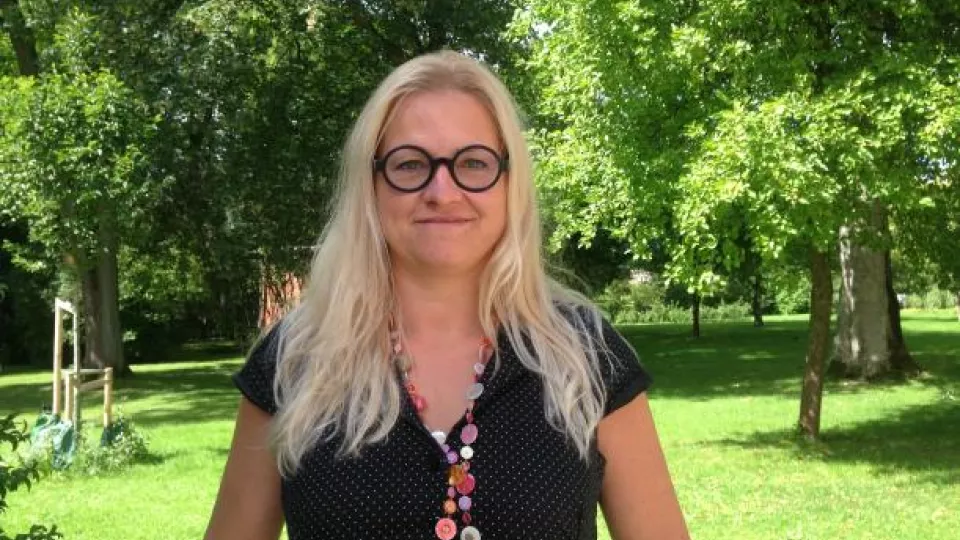Karin Steen, researcher at LUCSUS, was recently in Zimbabwe researching land and land use issues, with particular focus on women.
You research women’s rights to soil and land; do you believe the regime change could affect their rights?
It is too early to say how much of a change the transfer of power will bring. But everyone I have spoken to during my visit has been incredibly relieved, and faith in the future is gradually being seen and heard once more. At the same time, several Zimbabweans have expressed themselves in terms such as ‛we’ve changed drivers, but it’s the same car’. Zimbabwe is a poor country where most people are dependent on farming for their subsistence. Women provide most of the agricultural labour force, while their rights to the land are very weak. Land is an important economic and political resource, and men having power over it means that they also have power over women.
Many people – both men and women – consider this to be unjust and you now see women sharing the rights to the land to a greater extent when new agricultural land is distributed.
Whether or not the new government will prioritise this issue is impossible to determine today, but the idea that women should have the same rights to the land as males in the same age-group is being discussed. This is a growing force that could become impossible to ignore in the long run.
What do you think is important to highlight with regard to the situation of women?
It is usually claimed that the current practice, whereby women have the right to use the land but not to own it, is based on a tradition in which men – husbands or fathers - have always owned the rights to the land. But my research shows that this has not always been the case and I think it is important to point that out. This kind of patriarchal system is incompatible with democratic society. Giving women the same rights – both economically and in the rest of society – is completely essential to sustainable societal development.
Do you believe that opportunities for research could be affected?
The situation for domestic research is strained. Research is relatively free and very good research has been conducted over the years, but resources are limited. Considering the mangled economy, it could take a long time for the situation to change. Many international researchers have found it difficult to operate in Zimbabwe. One could expect many countries, including Sweden, to be willing to resume funding research in Zimbabwe, and many researchers are likely to want to return and once again take up their research.
The problem of land and gender – is it unique to Zimbabwe?
Much of it applies to other countries as well. In many developing countries, women encounter many injustices in agriculture, while greater demands are made on them compared to men when it comes to taking care of their families. As in other countries in southern Africa, women have weaker rights to land while providing the majority of the labour input; a situation which is both unequal and economically inefficient.
